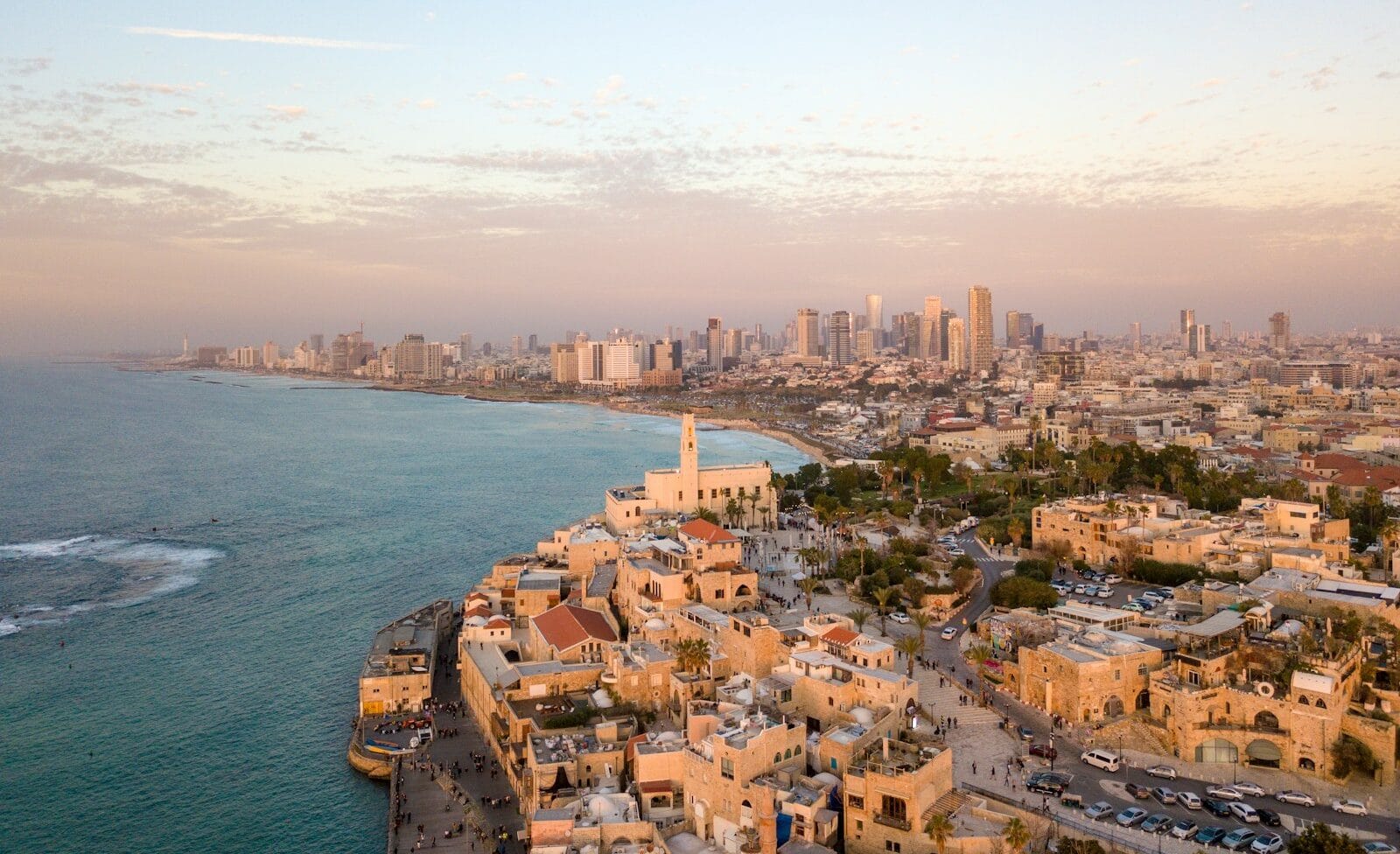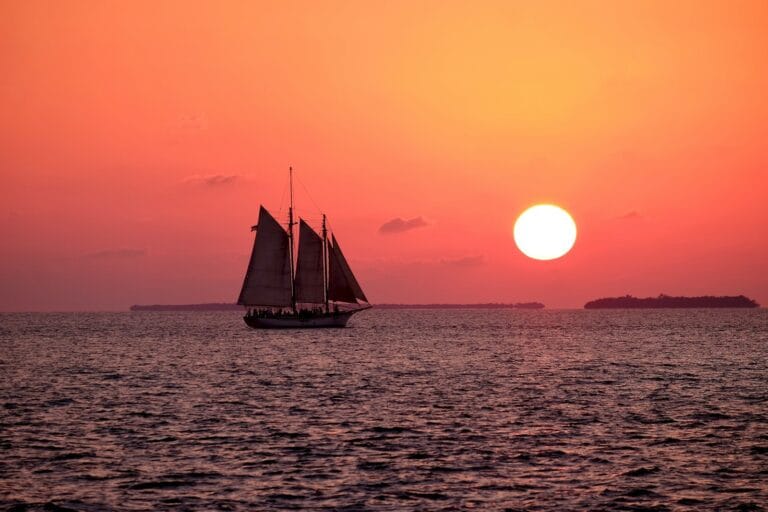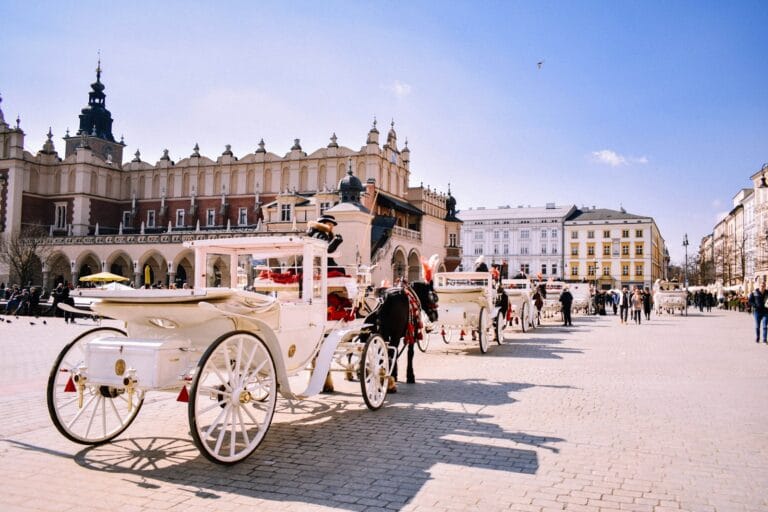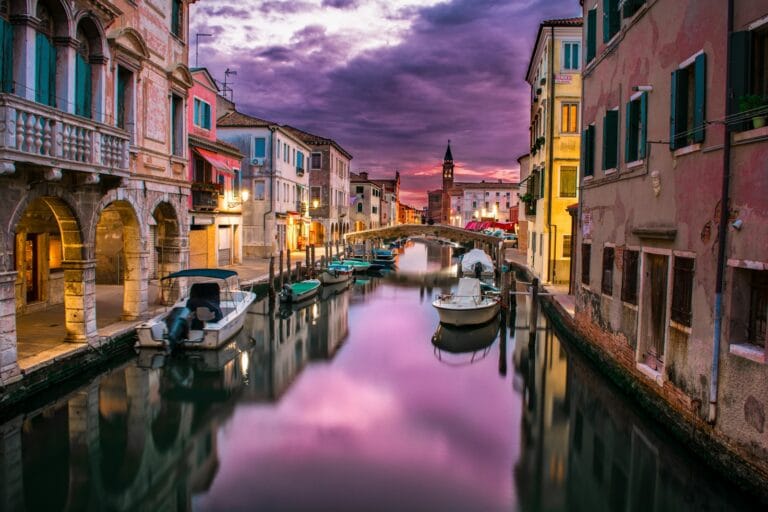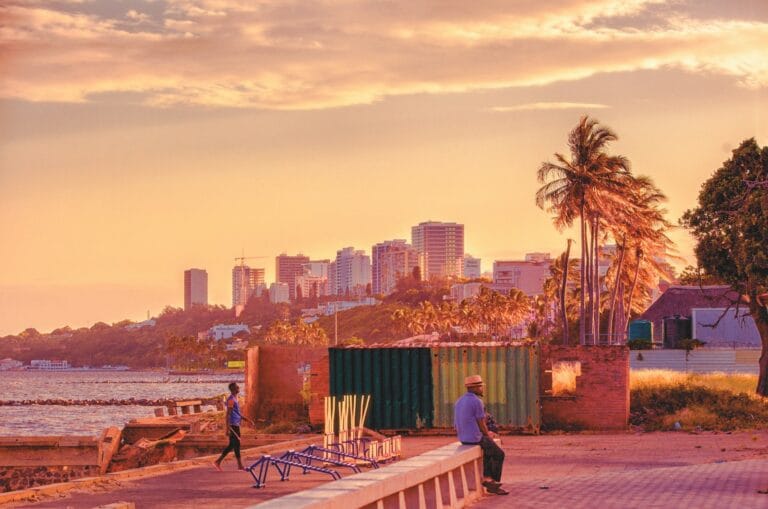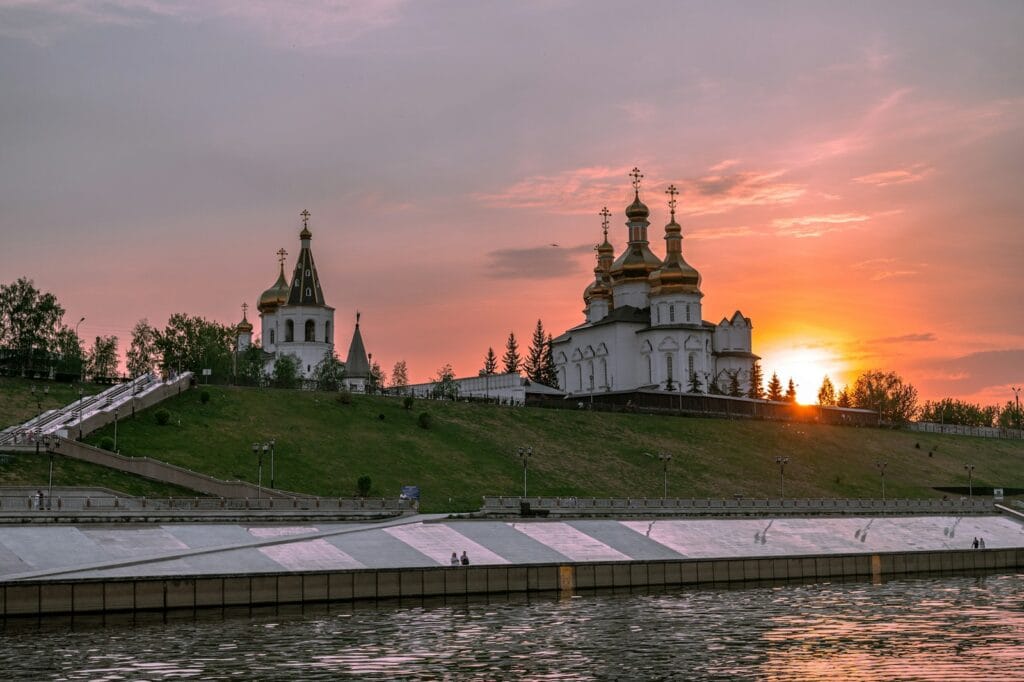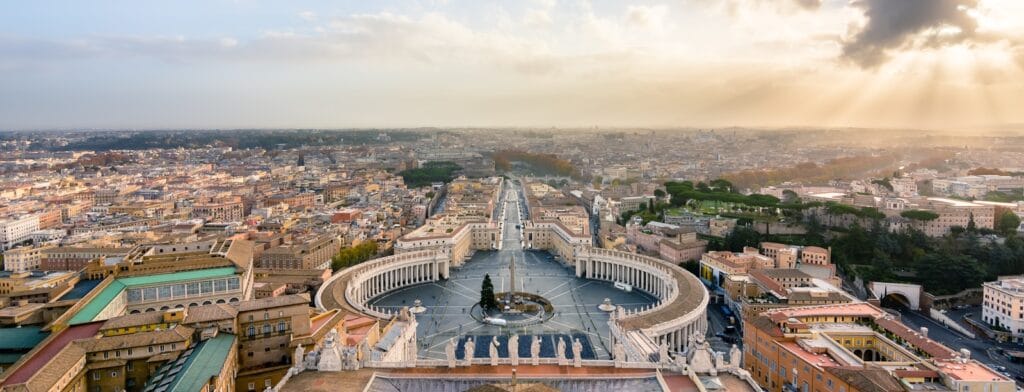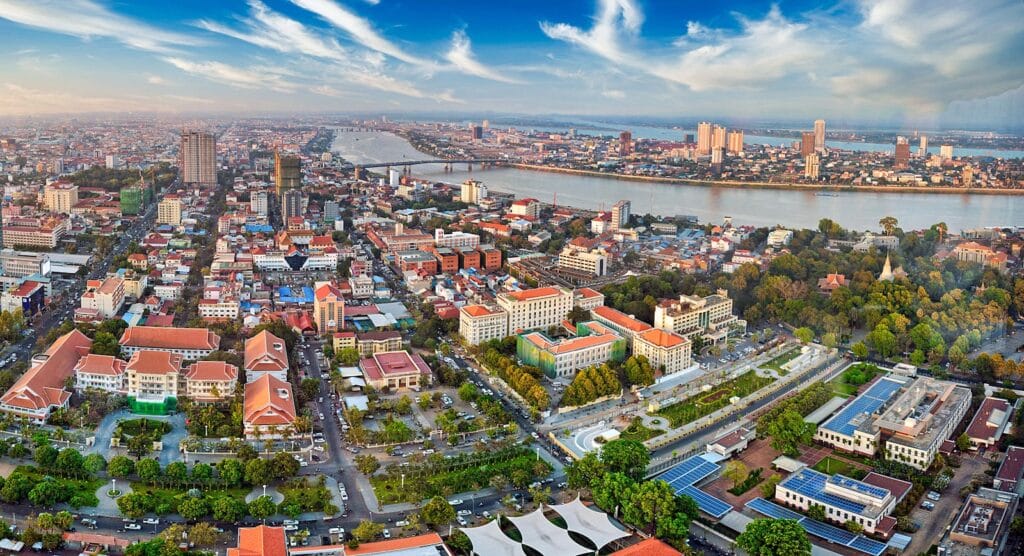Israel Travel Guide: Ancient Wonders & Modern Marvels
Intro to Israel Travel Guide
From the sacred alleys of Jerusalem to the neon-lit beachfront of Tel Aviv, Israel offers one of the world’s most unforgettable travel contrasts. This small but powerful destination delivers layers of culture, faith, cuisine, and geography — from Dead Sea float sessions to Galilee vineyard escapes.
Start planning with curated Israel tours designed to uncover sacred landmarks, coastal cities, desert escapes, and unforgettable local traditions.
Continent: Asia (Middle East)
Country: Israel
Area: ~22,145 km²
Population: ~9.8 million (2024 est.)
Density: ~442 people/km²
Capital: Jerusalem (international recognition varies)
Regions: Coastal Plain, Galilee, Negev, Golan Heights, Judea & Samaria (West Bank)
Language(s): Hebrew (official), Arabic (special status), English widely spoken
Currency: Israeli Shekel (ILS)
Time Zone(s): IST (UTC+2), IDT in summer (UTC+3)
Airports:
• Ben Gurion Intl (TLV – Tel Aviv) – main hub
• Ramon Airport (ETM – Eilat) – Red Sea access
• Haifa Airport (HFA – limited regional service)
Climate: Mediterranean (hot, dry summers; mild, wet winters)
Known For: Religious heritage, Dead Sea, high-tech innovation, Tel Aviv nightlife, Jerusalem’s Old City, desert landscapes
Entry Requirements: Visa-free for 90+ countries including the US, UK, EU, Canada, Australia, and Japan.
Visa-on-Arrival: Not available; eligible visitors enter visa-free.
Maximum Stay: Usually 90 days.
Visa Info: Israel Ministry of Foreign Affairs – Visa Information
Recommended Vaccines: Routine immunizations, Hepatitis A, Hepatitis B (for longer stays), and Typhoid.
Hospitals: High-quality care available in Jerusalem, Tel Aviv, and Haifa. English is commonly spoken in major facilities.
Travel Insurance: Recommended for emergency care and rental vehicle coverage
Travel health updates — get coverage here
Stay Informed with Official Updates: World Health Organization – International Travel and Health | Centers for Disease Control and Prevention – Global Travel Health
Status: Varies by region — exercise increased caution overall.
Risk Zones: West Bank and Gaza border zones may have military presence and political unrest.
Stay Informed with Official Updates: US Travel Advisory | UK Foreign Travel Advice
Yom Kippur (Varies, Sept/Oct): Day of Atonement, entire country shuts down
Passover (Mar/Apr): Celebrated nationwide with family gatherings and closures
Independence Day (April/May): National celebration with fireworks and parades
Sukkot (Sept/Oct): Weeklong harvest festival
Hanukkah (Dec): Festival of lights, especially vibrant in Jerusalem and Tel Aviv
Currency: Israeli Shekel (ILS)
ATMs: Widely available, accept major global cards
Cards & Tipping: Credit cards widely accepted; 10–15% tip standard in restaurants
Duty-Free Limits: Up to 1L alcohol, 250g tobacco, gifts up to ~$200 USD
Rail: Israel Railways connects major cities (Tel Aviv, Haifa, Jerusalem)
Buses: Efficient Egged network; Sheruts (shared taxis) operate on Shabbat
Driving: Right-hand side; IDP required for some nationalities
Tips: Taxis must use meters; Uber not widely available
SIM/eSIM: Available via Cellcom, Pelephone, Partner; kiosks at TLV Airport
Wi-Fi: Strong across hotels, cafés, and cities
Coverage: Excellent in cities, patchy in remote desert areas
Dress Modestly: Especially in religious areas like Jerusalem’s Old City
Sabbath (Shabbat): Friday sunset to Saturday night — public transport limited
LGBTQ+: Legal and generally accepted in urban areas
Alcohol: Legal, age 18+
Emergency: Police – 100, Ambulance – 101, Fire – 102
US Embassy: Jerusalem Embassy
UK Embassy: British Embassy Tel Aviv
Seasons:
Spring (Mar–May): Mild and pleasant
Summer (Jun–Aug): Hot and dry; best for Tel Aviv beaches
Autumn (Sep–Nov): Warm days, cooler nights
Winter (Dec–Feb): Mild, wetter in north; snow possible in Jerusalem
Best Months to Visit: March–May, September–November
Weather Forecast
Israel by Region – Where to Go
Discover Israel’s diverse landscapes and cultural zones, from Mediterranean coasts to desert canyons.
Jerusalem District
Home to Israel’s spiritual and historical heart.
- Jerusalem: Visit the Western Wall, the Church of the Holy Sepulchre, and Mahane Yehuda Market.
- Ein Kerem: A tranquil village with boutique wineries and ancient churches.
Tel Aviv District
Modern, cosmopolitan, and buzzing 24/7.
- Tel Aviv: Explore the beaches, Bauhaus architecture, nightlife, and vibrant food scene.
- Jaffa: Wander through this ancient port city turned artistic hub.
Northern Israel
Lush landscapes, biblical sites, and outdoor escapes.
- Nazareth: Known as Jesus’s hometown, filled with churches and cultural charm.
- Sea of Galilee (Tiberias): Scenic base for Christian pilgrimage and water activities.
- Acre (Akko): Ottoman-era port town with fortress walls and underground crusader tunnels.
- Golan Heights: Winery trails, mountain hikes, and Druze villages.
Haifa & Carmel Coast
Where mountains meet Mediterranean waters.
- Haifa: Known for the Baha’i Gardens and multi-faith harmony.
- Zikhron Ya’akov: One of Israel’s oldest wine towns, great for tastings and views.
Southern Israel
Desert adventures and Red Sea relaxation.
- Negev Desert: Base yourself in Mitzpe Ramon for crater hikes and Bedouin camps.
- Eilat: Coral reefs, luxury resorts, and cross-border access to Jordan and Egypt.
West Bank (Palestinian Territories)
Important for cultural understanding and shared histories.
- Bethlehem: See the Church of the Nativity and shop for traditional olivewood art.
- Jericho: One of the world’s oldest cities, rich in archaeological significance.
Top Places to Visit in Israel
Experience Israel’s blend of ancient heritage, natural beauty, and modern flair.
Cultural Capitals
- Jerusalem: Spiritual epicenter for three major religions.
- Tel Aviv: Israel’s beating heart of creativity and coastal energy.
- Haifa: Known for interfaith tolerance and hillside beauty.
Nature Escapes
- Ein Gedi Nature Reserve: Oasis hikes with waterfalls and ibex sightings.
- Ramon Crater: Explore this massive desert erosion crater on foot or camelback.
- Hula Valley: Birdwatching haven during seasonal migrations.
Historic Sites
- Masada: Ride a cable car or hike up for dramatic Dead Sea views and fortress ruins.
- Caesarea: Roman ruins set along the sparkling Mediterranean coast.
- Beit She’an: Walk through intact Roman streets, amphitheaters, and bathhouses.
Desert & Sea Adventures
- Dead Sea: Float in hypersaline waters and cover yourself in therapeutic mud.
- Eilat Coral Beach: Snorkel in vibrant reefs and dive with dolphins.
- Timna Park: Sandstone pillars, ancient mines, and surreal desert landscapes.
How to Choose Where to Go in Israel
Tailor your itinerary to your travel goals:
- For history and religion: Prioritize Jerusalem, Nazareth, and Bethlehem.
- For beach and nightlife: Tel Aviv, Herzliya, and Eilat are top picks.
- For desert adventure: Base yourself in the Negev or Timna.
- For nature and wine: Visit the Golan Heights, Upper Galilee, and Carmel Mountains.
- For culture and local food: Explore Jerusalem’s Mahane Yehuda Market or Carmel Market in Tel Aviv.
Pairings tip: Combine Jerusalem’s ancient core with Tel Aviv’s modern flair in a single trip — they’re just one hour apart.
How to Get Around Israel
Getting around Israel is efficient and well-developed, especially in urban corridors.
- Trains: Connect Tel Aviv, Haifa, and Jerusalem easily. High-speed train links Tel Aviv to Jerusalem in under 40 minutes.
- Buses: Extensive network via Egged and other companies. Routes serve both urban and rural regions.
- Sherut Taxis (shared vans): Operate on popular intercity routes, even on Shabbat (Saturday).
- Car Rentals: Ideal for Galilee, Golan Heights, and the Negev.
- Domestic Flights: Limited, but available to Eilat (OVDA and Ramon airports).
- Travel Apps: Use Moovit for public transport navigation and Gett for taxis.
Travel Budget & Costs in Israel
Israel isn’t cheap, but travel style can stretch your budget with planning.
| Type | Daily Budget (USD) |
|---|---|
| Budget | $70–100 |
| Mid-range | $130–200 |
| Luxury | $250+ |
Sample prices:
- Street food (falafel, shawarma): $5–10
- Intercity bus fare: $5–12
- Mid-range hotel: $120–180/night
- Guided tours: $50–150 depending on duration
Money-saving tips:
- Use buses or shared taxis.
- Dine at shuks (markets) or local falafel spots.
- Get museum or attraction combo passes where available.
Best Time to Visit Israel
Choose your season based on climate, crowds, and cultural events.
- Spring (Mar–May): Best time to visit Israel; wildflowers bloom, mild weather.
- Summer (Jun–Aug): Hot and dry; great for beaches, less ideal inland.
- Fall (Sep–Nov): Another sweet spot with cooler temps and harvest festivals.
- Winter (Dec–Feb): Rainy in the north, but mild and dry in the Negev and Eilat.
Top festivals:
- Passover (Mar/Apr), Rosh Hashanah & Yom Kippur (Sep/Oct), Hanukkah (Dec)
- Tel Aviv Pride (June), Jerusalem Light Festival (Summer)
Must-See Experiences in Israel
Unforgettable things to do in Israel span history, nature, and culinary exploration.
- Float in the Dead Sea — surreal and therapeutic
- Join a Shabbat dinner — cultural and communal
- Explore the Old City of Jerusalem — Via Dolorosa to Dome of the Rock
- Snorkel or dive in Eilat — Red Sea reefs and marine life
- Wander Carmel Market — taste everything from bourekas to craft beer
- Visit Yad Vashem — powerful Holocaust remembrance center
- Hike Masada at sunrise — desert views and ancient drama
- Tour the Baha’i Gardens in Haifa — serene symmetry and sea views
- Kayak or float the Jordan River — family-friendly and scenic
- Walk the Tel Aviv Promenade — beach meets Bauhaus skyline
Book immersive Israel tours and experience unforgettable things to do in Israel — from sacred temple rituals and highland treks to floating markets and lakeside food adventures.
Best Travel Itineraries in Israel
Customize your adventure with these flexible, goal-based Israel itineraries.
7-Day Classic Highlights
- Day 1–2: Jerusalem – Old City, Yad Vashem, Mount of Olives
- Day 3: Dead Sea & Masada day trip
- Day 4–5: Tel Aviv – beach, Jaffa, nightlife
- Day 6–7: Galilee – Nazareth, Sea of Galilee, wine tasting in Golan Heights
10-Day Culture + Nature Blend
- Day 1–3: Jerusalem
- Day 4: Bethlehem & Jericho
- Day 5–6: Tel Aviv & Caesarea
- Day 7–8: Galilee & Acre
- Day 9–10: Negev Desert – Ramon Crater, overnight in desert lodge
2-Week Deep Dive
- Add: Eilat snorkeling, Timna Park, West Bank cultural visits, and more in-depth stops like Zikhron Ya’akov or Safed (Tzfat).
Choose the one that fits your travel style — and customize as you go.
Local Cuisine & Culinary Experiences
Israel’s food is vibrant, flavorful, and globally inspired with deep local roots.
Must-Try Dishes
- Shakshuka: Poached eggs in spicy tomato sauce, a breakfast staple.
- Sabich: Pita filled with eggplant, egg, and pickled mango (amba).
- Falafel & Shawarma: Street-food classics wrapped in laffa or pita.
- Jachnun & Malawach: Yemenite Jewish pastries served on Shabbat.
- Hummus masabacha: Smooth, warm chickpea dip topped with tahini, olive oil, and spice.
Unique Dining Experiences
- Carmel Market (Tel Aviv): Food tours, spice stalls, and hip bites.
- Mahane Yehuda Market (Jerusalem): Daytime market, nighttime bar hub.
- Galilee & Golan Wineries: Kosher wine tastings with mountain views.
- Bedouin Camps (Negev): Experience hospitality with flatbreads, dates, and cardamom coffee.
Taste your way through Israel with local market tours and regional dishes.
Travel Safety & Cultural Etiquette in Israel
Stay informed and respectful with these travel tips.
Safety Insights
- Overall: Israel is safe for tourists, with heavy security and reliable infrastructure.
- Scams: Be cautious with taxi pricing and overly pushy shopkeepers.
- Current Affairs: Always check travel advisories and regional updates before traveling.
Cultural Etiquette
- Sabbath (Shabbat): From Friday sunset to Saturday night, many services close. Plan accordingly.
- Dress Codes: Modest attire is needed for religious sites (shoulders and knees covered).
- Language: Hebrew and Arabic are official, but English is widely understood.
- Customs: Don’t photograph military or sensitive areas. Always ask before photographing people, especially in ultra-Orthodox communities.
Where to Go Next – Pair Israel with These Destinations
Make the most of your Middle East adventure with these easy extensions:
- Jordan: Cross via Allenby or Wadi Araba for Petra and Wadi Rum adventures.
- Egypt: Combine Sinai treks or Cairo trips via Taba border crossing or flights from Tel Aviv.
- Cyprus: Just a 1-hour flight away — beach resorts and historic ruins.
- Turkey: Istanbul’s cultural riches and direct flights make this a seamless add-on.
Explore more with our region guides:
- Jordan Travel Guide — Timeless ruins and desert oases
- Egypt Travel Guide — From pyramids to Red Sea reefs
- Turkey Travel Guide — East-meets-West history and cuisine
- Cyprus Travel Guide — Island beaches, wine, and ancient cities
Final Planning Checklist for Israel
Make your trip smooth with these last steps:
- Finalize itinerary: match regions with travel goals and timeframes
- Pre-book Dead Sea, Jerusalem tours, and Eilat diving trips early
- Download Hebrew-English apps, local transport apps (e.g., Moovit)
- Verify visa rules (most tourists receive free entry at border)
- Pack modest clothing for Jerusalem and religious areas
- Arrange eSIM, shekel currency card, or travel-friendly payment method
- Save hotel and transport confirmations offline
- Learn about local customs and Shabbat closures for timing
Explore Israel with confidence using our trusted tips, local insights, and region-by-region planning tools.
For more expert travel tips, practical strategies, and trusted tools — visit our Homepage and get inspired for your next trip.

